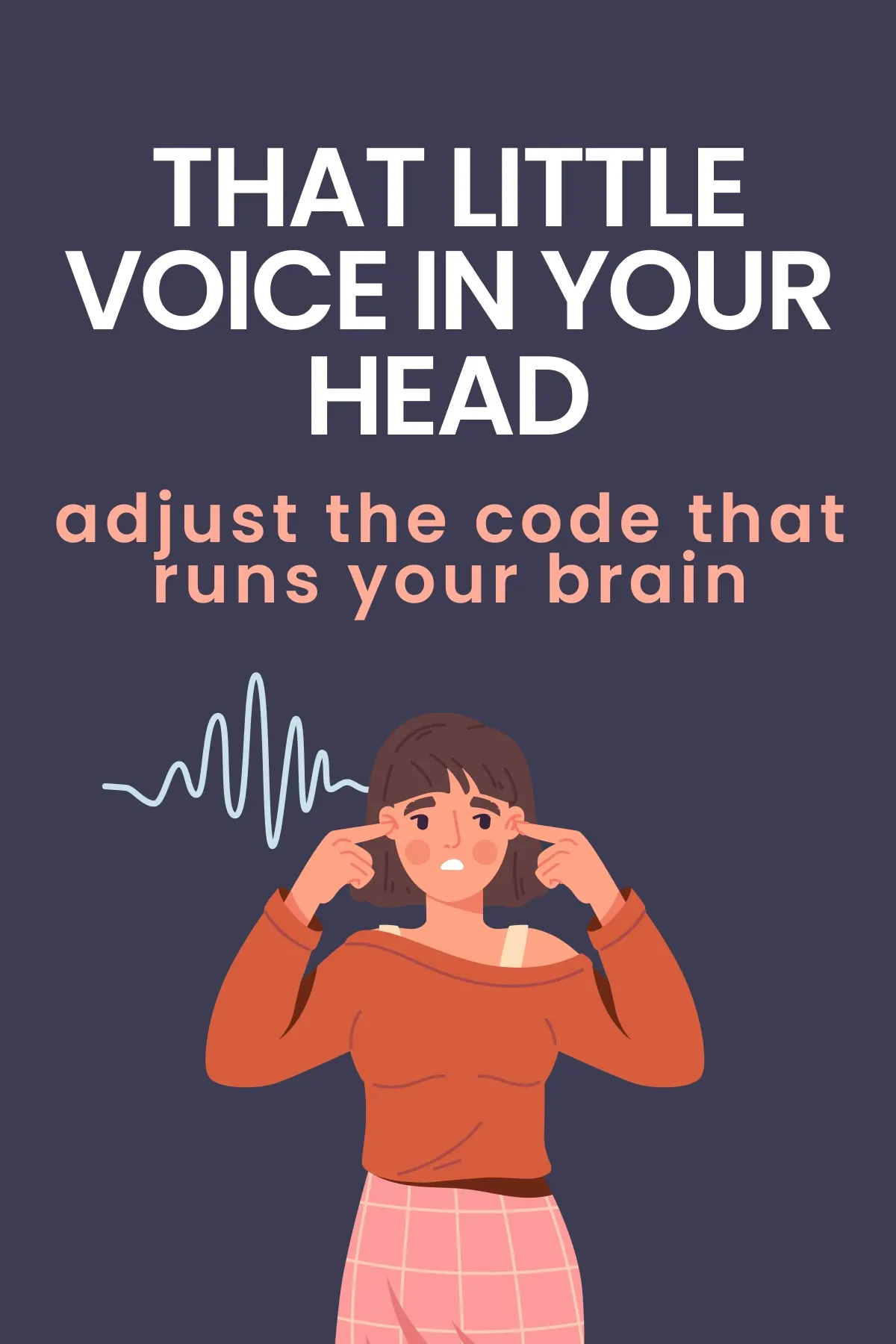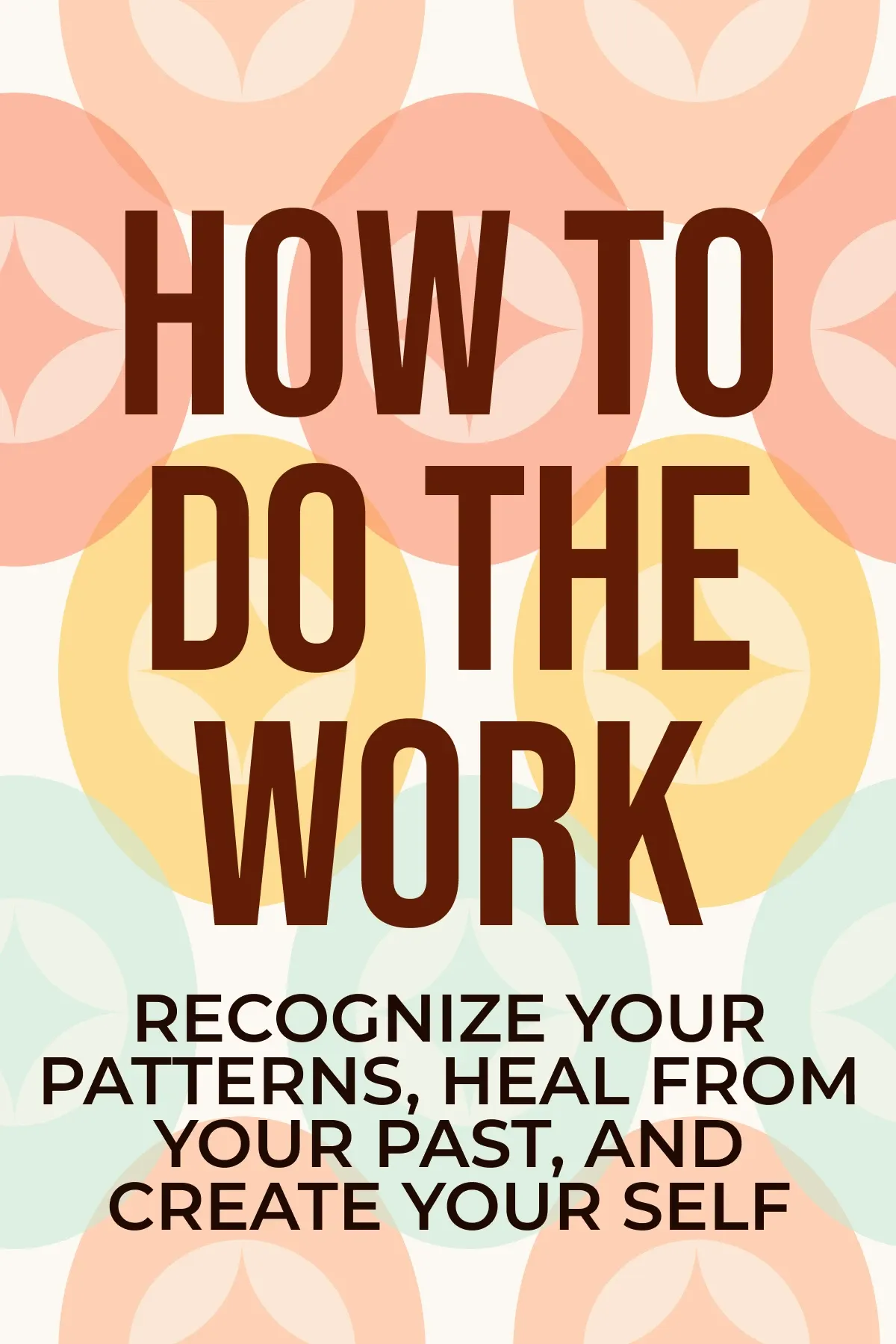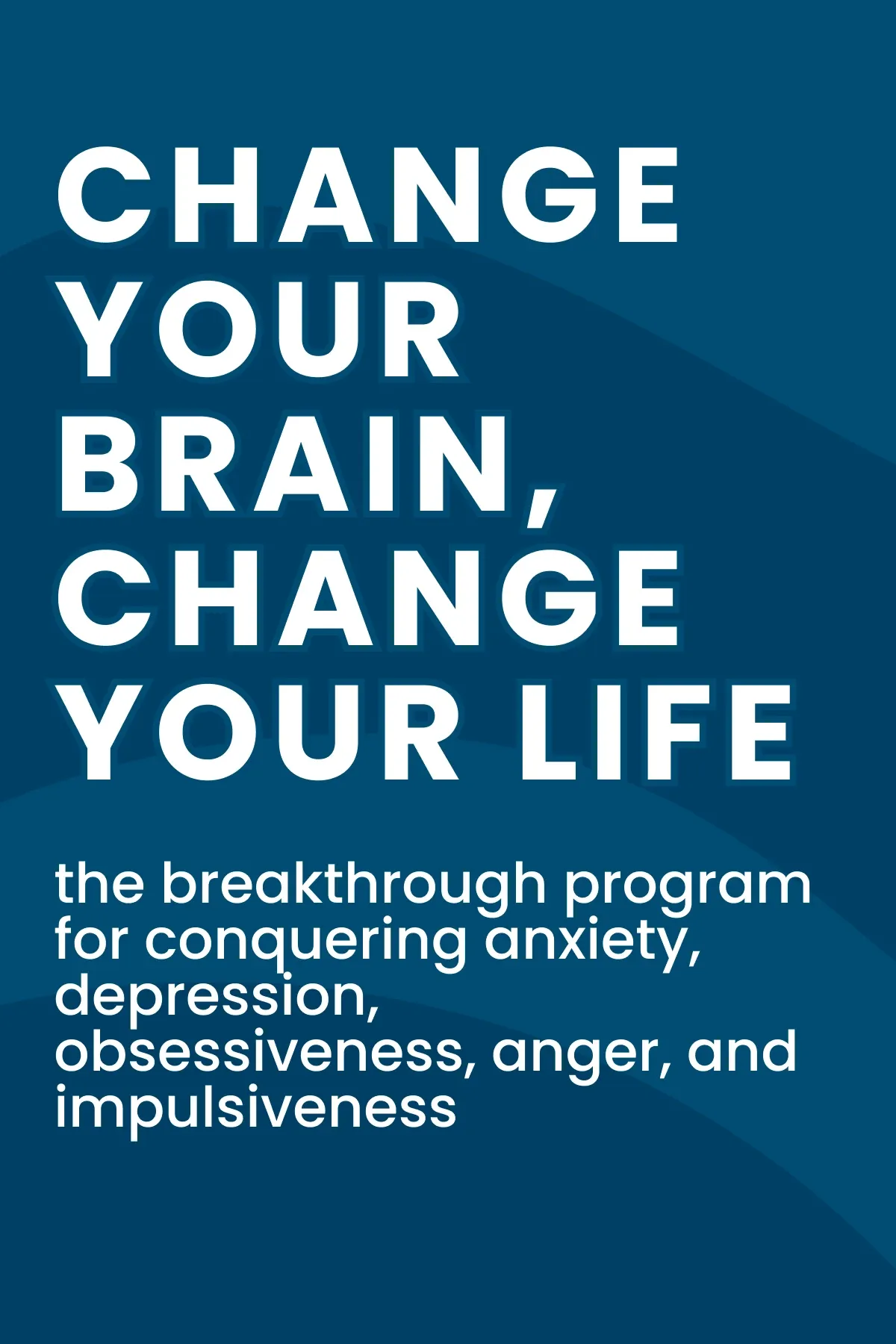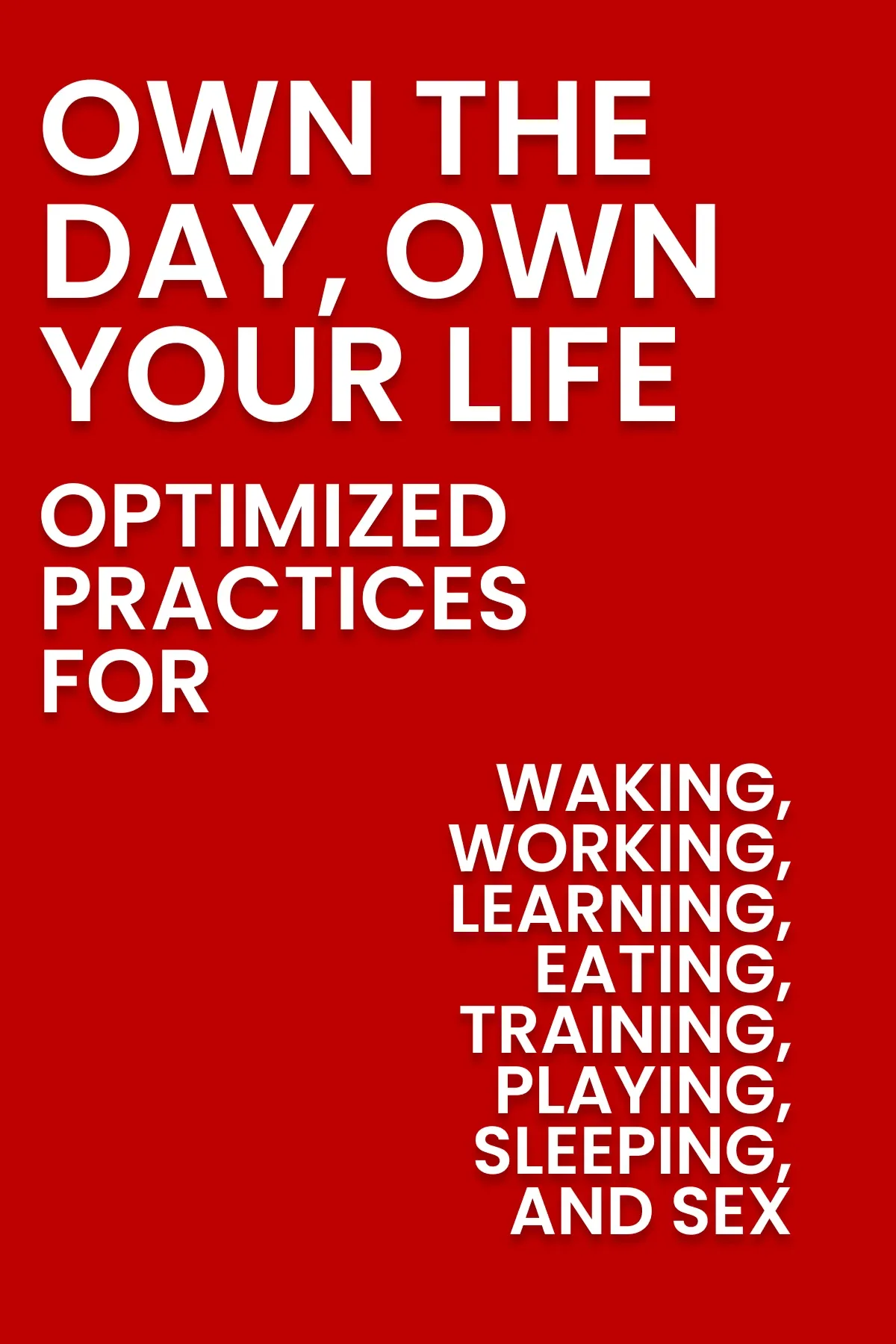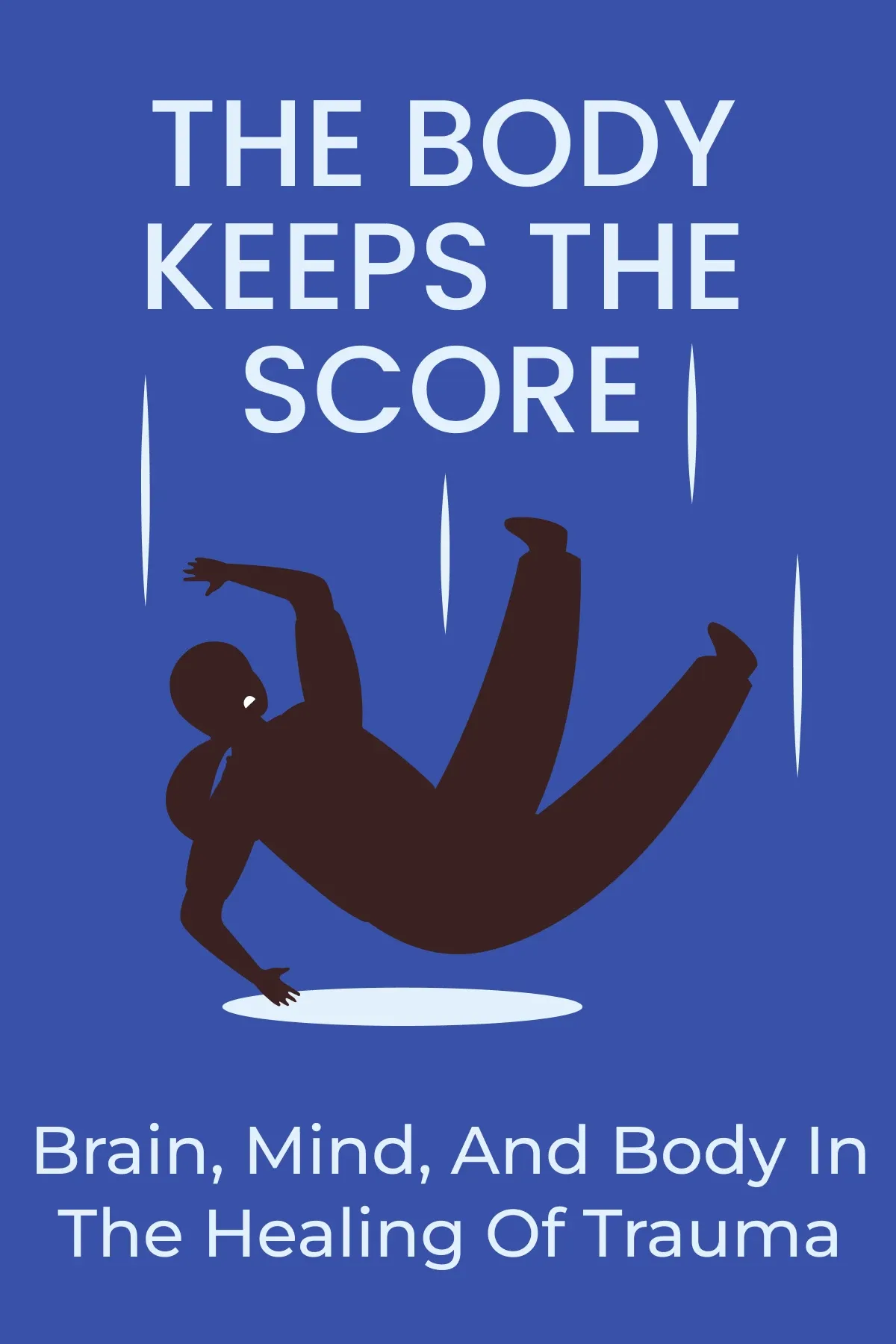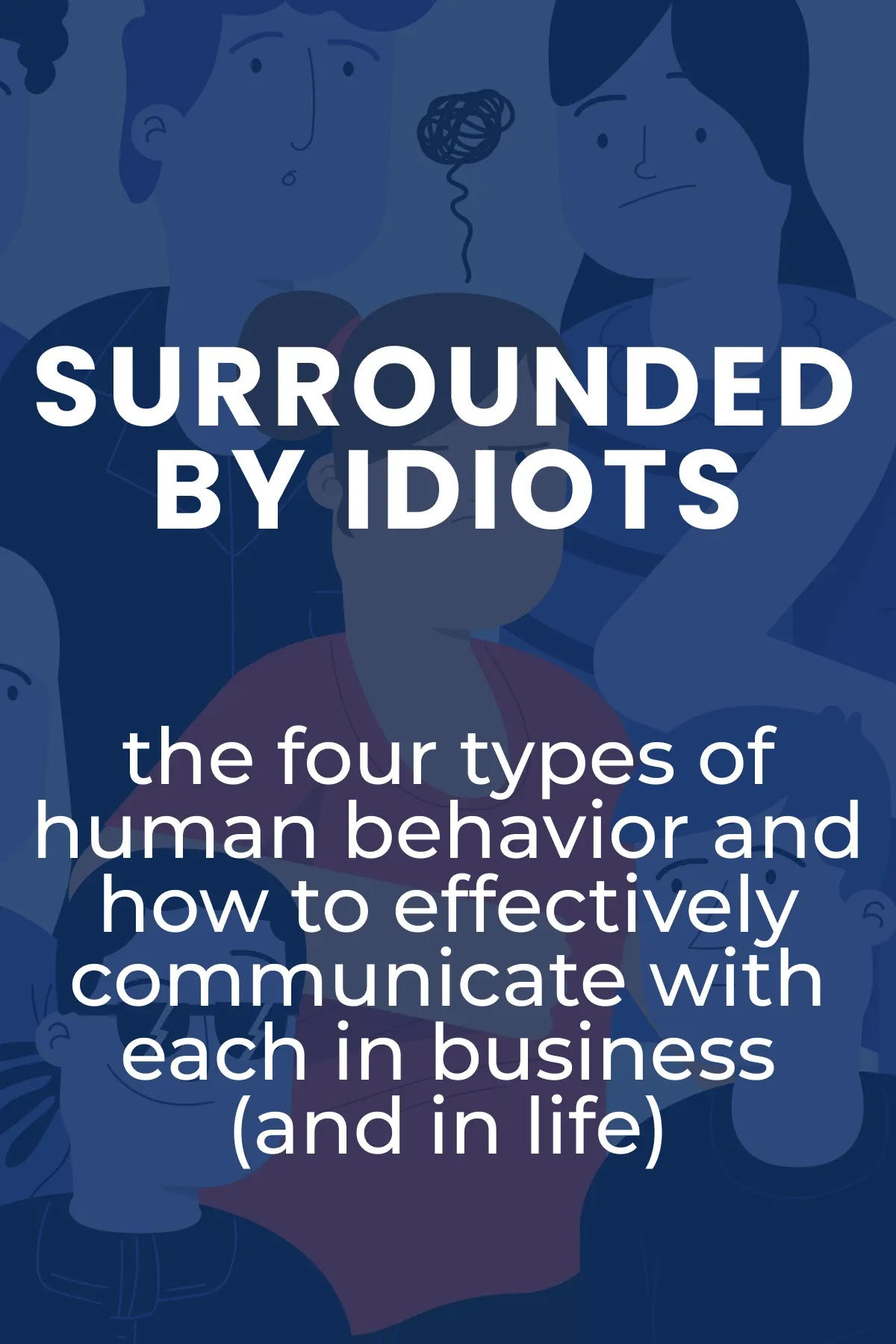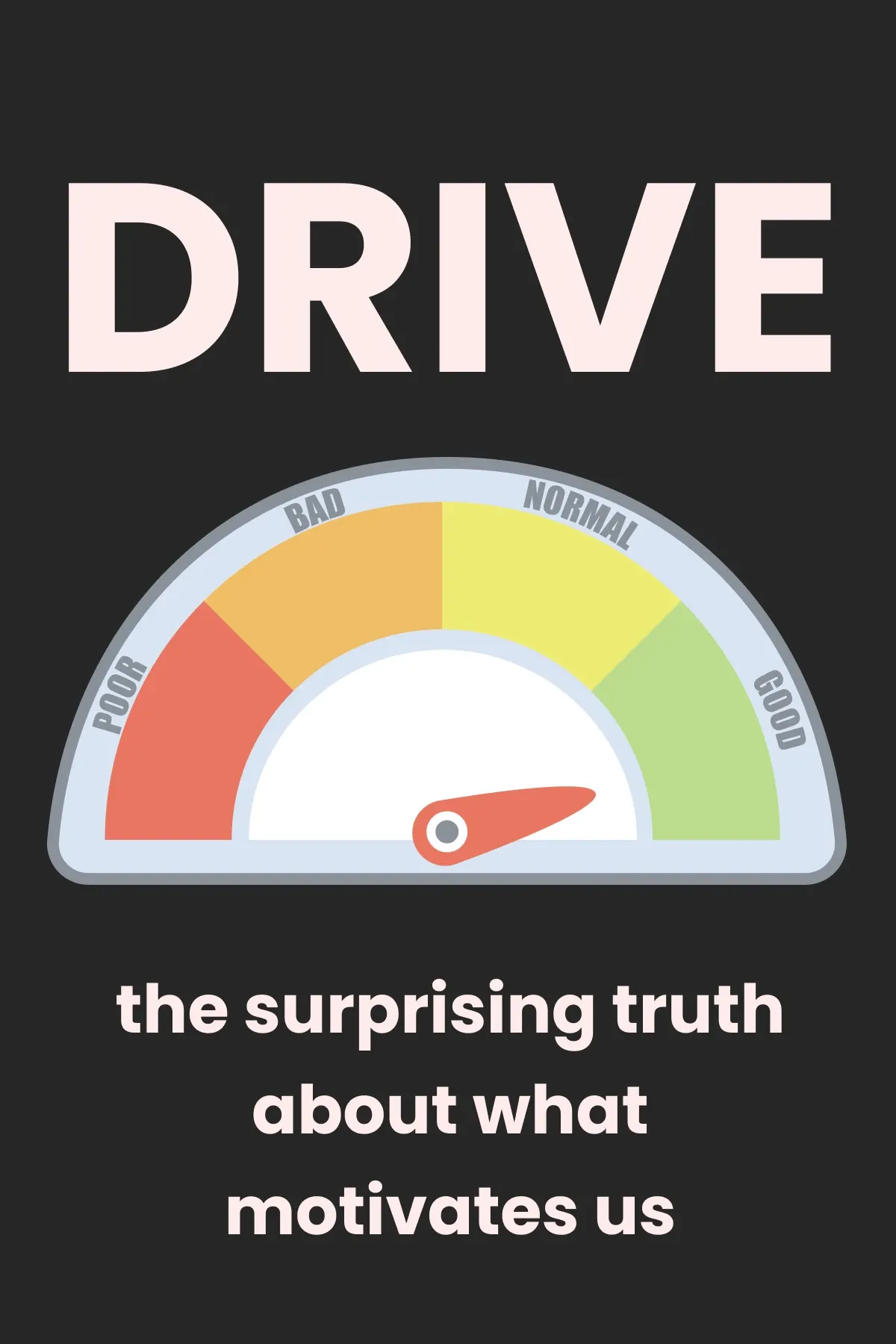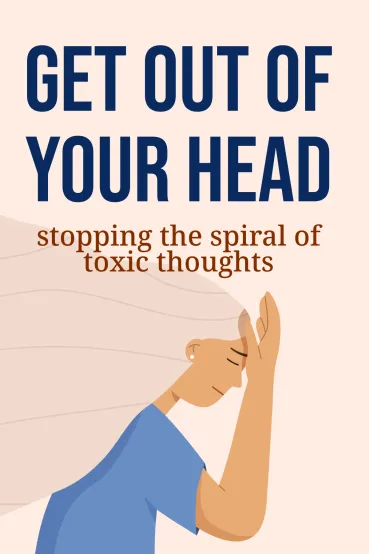
Get Out of Your Head
Brief Summary
“Get Out of Your Head” delves into the transformative power of shifting from negative to positive thinking. The book intertwines personal experiences, biblical insights, and actionable steps. It emphasizes the importance of balance between solitude and community in this journey.
Key points
Key idea 1 of 8
The author’s friend completed her college education. Despite this, she never imagined her career would stall in a fashion store. She felt stuck and deserving something better. However, a change in her daily routine brought an unexpected shift in her perspective. Listening to the Bible on her drive to work, she stumbled upon a passage from Philippians 1. Paul, writing under house arrest, expressed profound gratitude. This struck a chord with her.
She realized it wasn't as bleak as she had thought. She started to notice the good aspects of her job. The woman formed strong bonds with her colleagues and found joy in interacting with customers. This newfound appreciation changed her perspective. Her job transformed from a chore to something she eagerly anticipated each day.
Gratitude, it turns out, does more than make us feel good. It shifts our view of circumstances, no matter how challenging they may be. Another friend of Jennie Allen's was diagnosed with a unique and untreatable disease. Amidst this adversity, he found his faith becoming stronger. His wife also held onto her gratitude even after his passing, remaining open to what life had in store for her. These experiences highlight that understanding and accepting life's unexpected turns can lead to profound personal growth.
Today, many young people tend towards cynicism and self-centeredness. This is in sharp contrast to the examples mentioned earlier. Influences like pop culture and modern lifestyle trends often encourage focusing on oneself. As a result, young people may develop a distorted view of the world. They might see themselves as more knowledgeable or capable than they are. This can lead to a misunderstanding of others' strengths and struggles.
Humility serves as a counterbalance to this. It’s not about belittling ourselves. Instead, we should recognize our limitations and appreciate others' value. It helps us see our mistakes not as failures but as reminders of our humanity. It encourages empathy, making us more attuned to the difficulties faced by others. Humility reminds us of the significance of individual choices and paths.
It is often the small moments of understanding that alter our approach. These moments reshape how we face life's challenges. In a world that prioritizes individual success, collective well-being is typically undervalued. But it's a perspective that can bring a more profound sense of fulfillment and connection into our lives.
FAQ
You may also like these summaries


